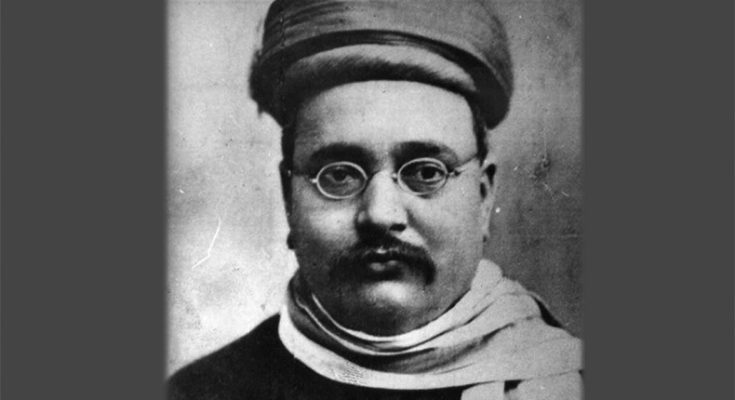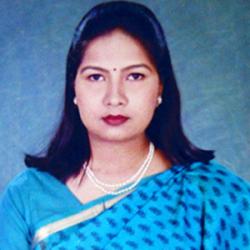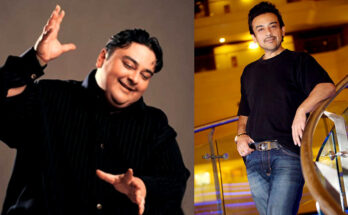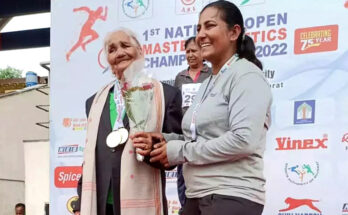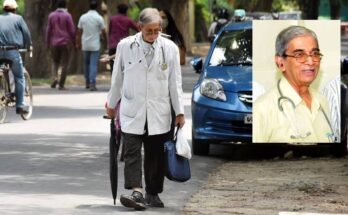Relentless contribution of Gopal Krishna Gokhale was observed for the Indian society in pre-independence India. Image Courtesy – New Indian Express
Childhood
Gopal Krishna Gokhale was born on May 9, 1866, in Kotluk village at Ratnagiri district of Maharashtra, in a Chitpawan Brahmin family in India. It was a poor family.
His father’s name was Krishna Rao, who used to support his family by farming. But, the soil of the area was not suitable for farming. Due to this reason, Krishna Rao could not get sufficient income from farming. So, he had to work as a clerk out of compulsion. Gokhale’s mother was Valubai, who was a simple housewife and always tried to encourage her children to move forward.
Gokhale had to suffer a lot from his childhood. In fact, his father had died in his childhood. From childhood they had become tolerant and hardworking. Gokhale had a sense of patriotism from the very beginning of his life, so the dependency of the country hurt him from his childhood and a stream of patriotism always flowed in his heart. Later he dedicated his entire life to the country.
Education
Gokhale received his early education with the help of his elder brother. Observing the family situation, his elder brother provided financial support for Gokhale’s studies. After that, he received his early education in Rajaram High School. He then moved to Mumbai and graduated from Elphinstone College of Mumbai in 1884 at the age of 18 years.
The special thing happened at the time while Gokhale studied to acquire a graduation (BA) degree in college. He was one of the first Indians to receive a college education at that time. New Indian intellectual community awarded him for that.
After completing graduation, he first joined the engineering college. But, he did not like it and then he thought of appearing in the IAS because a thought was continuously haunting his mind – I have to do something for my country. But, he could not continue his preparation for IAS also, changed his stream and started law course.
Read: Swami Vivekananda – the electrifying personality of India
In the year 1884, he started teaching History and Political Economy in the Fergusson College of Pune. He became the principal there in the year 1902. In this way, he also worked as a good teacher in the Indian society that period.
Knowledge of history and its understanding helped him to understand freedom, democracy and parliamentary system and its importance. Meanwhile, Bal Gangadhar Tilak and Professor Gopal Ganesh Agarkar got interested in the performance of Gokhale as a teacher. They invited Gokhale to join the Deccan Education Society in Mumbai.
Gokhale became a permanent member of this society and in the same year, i.e. in 1886, he was invited to become a teacher in a New English school. His monthly income was Rs 35.00 with an annual bonus of Rs 120.00. But, that amount was not at all bad at that time.
Gokhale used to teach in the class of Public Service Commission Examination on a monthly salary of Rs 40.00 and he gave nearly two decades of his life to Ferguson College as a teacher.
Mahadev Govind Ranade was a judge, scholar and social reformer whom Gokhale had made his guru. Gokhale worked with Ranade in the Pune Public Assembly and became its secretary later. Gokhale had a good understanding of liberty, democracy and parliamentary system during his higher education and from that time he started feeling the need to liberate the country.
Marriage
Gopal Krishna Gokhale was married twice. Gokhale’s first marriage was with Savitribai in 1880 when she was very young, physically very weak and has been suffering from a congenital and incurable disease and soon she passed away.
He married the second time in the year 1887 and after a time he became the father of two daughters named Anandibai and Godubai. But, unfortunately, his second wife also died in 1900. This time Gokhale broke up completely and decided not to marry again. His daughters were brought up and cared for by his relatives. He has always been deprived of happy family life like a common man.
Read: Deep depression to flourishing success
Politics
Gokhale entered into the politics in the year 1888 in the Congress session held in Allahabad. This was followed by the year 1897. Gokhale and Vacha were asked to go to England and testify before the ‘Welby Commission’ as members of the South Education Committee.
Gokhale was elected as a member of the Imperial Legislative Council in the year 1902. He raised the issue of salt tax, compulsory primary education and giving more place to Indians in government jobs in the council keeping in view the interest of Indians and fulfilling his duty. While he also faced criticism from the extremist groups, he was called a loose liberal. Apart from this, the government also repeatedly called him a person with extremist views and a pseudo-rebel.
Gokhale had such a good understanding of financial matters that even great scholars are amazed to see him. He is also called the ‘Gladstone of India’ due to his ability to debate authoritatively. He was one of the prominent leaders of the soft party in the Indian National Congress.
He founded the ‘Bharat Sevak Samaj’ (Servants of India Society) in the year 1905 so that they could find a new direction for the future of the younger generation and be trained for public life. Gokhale was elected President in the Banaras session in the year 1905. During this session, he explained the importance of independence, democracy and parliamentary system of the government.
Gopal Krishna Gokhale, who considered Gandhiji as his role model, played an important role in the formation of Minto-Morley reforms in 1909. But unfortunately, this institution failed to give the people a democratic system.
Read: Vidyasagar – the great soul of India
Servants of India Society
He was made the President of the Congress in 1905 observing his talent and his work for the national interest. He already became a political giant that time and he founded the Servants of India Society. This society was established for the purpose of educating Indians. He believed that Indians would understand their responsibility towards their country and society and would fulfil it provided that they were well educated.
This society established many new schools and colleges so that more and more Indians could be educated and a civilized, educated society could be built. As a result of that desire to live in an independent India could be manifested among the people. He always tried to make people understand the importance of education.
Special Emphasis on Education
Gokhale considered that western education was a bonus for India and he wanted to expand it. He told in one of his budget speeches in 1903 that future India would not be an India with poverty and discontent but an India of industries, with awakening powers and prosperity. Gokhale wanted to liberate his countrymen from the stereotyped and outdated ideology.
He also asked the government to make the primary education compulsory for children from 6 to 10 years and requested the government and the institute to bear the cost of education.
But, the government was not convinced by his concept. He understood that the spread of education would be a problem for the British Empire. Gokhale explained with his logical intellect that the government should be afraid of illiterate people only; it has no fear with educated people so the government should accept his decision of compulsory primary education.
Read: Lance Armstrong – the man of indomitable desire to win against cancer
As well as being a great freedom fighter and a good politician, Gokhale was also one of the best professors of mathematics. He also made many efforts to improve the economy of the country. Apart from this, he gave his wise concepts to develop areas like education, trade, Indian finance, public expenditure, decentralization of power, land revenue etc.
In his last days of life, Gokhale was afflicted with diseases like diabetes, cardiac problem and asthma. He died on February 19, 1915, in Mumbai, Maharashtra. Gokhale refused to accept the post of ‘Council of the Secretary of State’ and ‘Knighthood’ for India. The reason was that he wanted to educate the lower castes of Hindus and were demanding improvement in employment so that the people of the low cast could get self-respect and social status also.
He supported industrialization in India. He was also called the ‘Diamond’ of India and the ‘Son of Maharashtra’. The sacrifice and dedication made by him for the country can never be forgotten.

